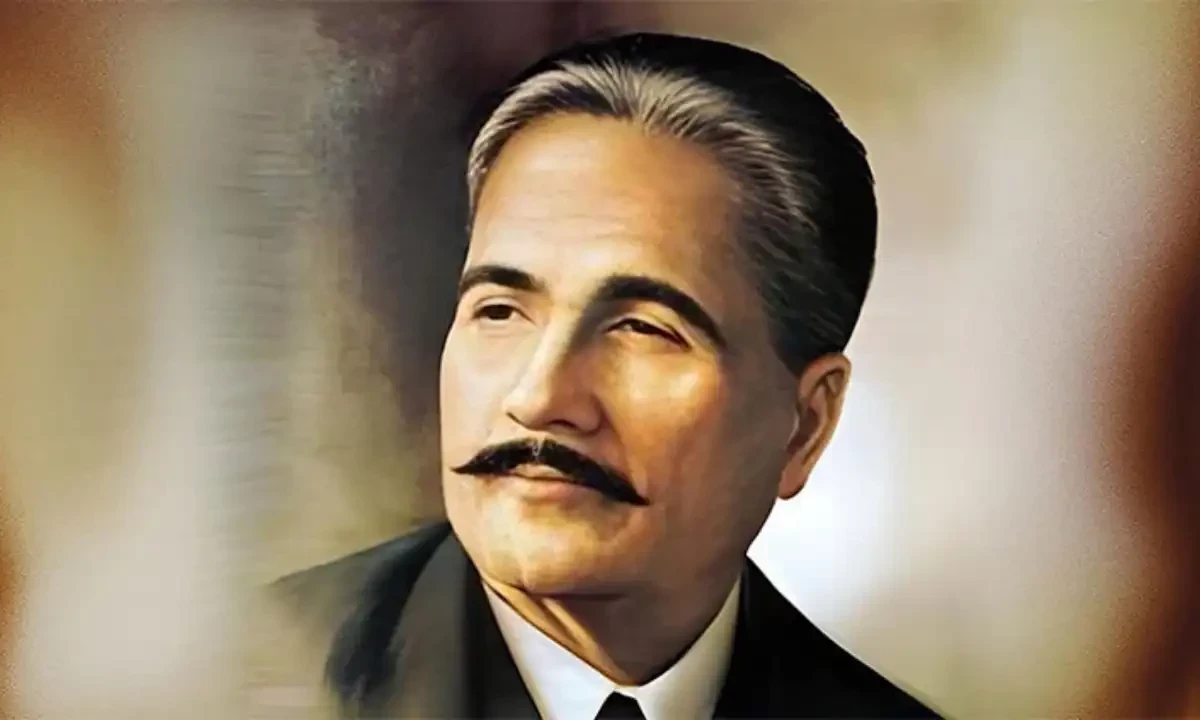ISLAMABAD: Pakistan on Monday marked the 87th death anniversary of Dr. Allama Muhammad Iqbal, the national poet and philosopher, with solemn ceremonies and heartfelt tributes from political leaders and citizens alike. Revered for his intellectual and political contributions that laid the foundation for the creation of Pakistan, Iqbal’s legacy was remembered across the country.
A special ceremony was held at the Pakistan National Council of the Arts (PNCA) in Islamabad, alongside various events nationwide including seminars, poetry recitations, and discussions honoring Iqbal’s life and thought.
President Zardari and PM Shehbaz Pay Tribute
In separate statements, President Asif Ali Zardari and Prime Minister Shehbaz Sharif called on the nation to embrace Iqbal’s philosophy of selfhood, intellectual revival, and the renaissance of the Muslim Ummah.
President Zardari described Iqbal as a visionary reformer who stirred the collective consciousness of Muslims in the subcontinent through his powerful poetry and philosophy. “Allama Iqbal felt deeply the decline of the Islamic world and used his words to reawaken a sense of purpose and identity,” he said.
The president highlighted Iqbal’s emphasis on self-reliance, ijtihad (independent reasoning), divine love, and intellectual freedom. He stressed that Iqbal’s vision went beyond political freedom to a broader spiritual and intellectual awakening, and should serve as a guide in facing today’s challenges. He also referenced Iqbal’s historic Allahabad address in 1930, which first proposed the idea of a separate homeland for Muslims—a vision later realized in the form of Pakistan.
“Let us pledge to build a Pakistan where justice, equality, and opportunity prevail for all,” he concluded.
Prime Minister Shehbaz Sharif hailed Iqbal as the ideological architect of Pakistan. “We remember a thinker whose dream of a separate homeland became the intellectual foundation of the Pakistan Movement,” he said.
He emphasized Iqbal’s belief in action, knowledge, and self-belief, noting that his teachings inspired generations to transcend divisions and work for national unity and moral strength. “Iqbal’s message is especially relevant in today’s context of national challenges and global uncertainty,” the prime minister added.
Calling on the youth to study Iqbal’s work, PM Sharif said the poet viewed them as falcons — courageous, visionary, and full of potential. “Our youth must embody his ideals, pursue modern education, uphold ethical values, and contribute to a prosperous and self-reliant Pakistan,” he said.
Legacy of the Poet of the East
The day was observed with reverence across the country, with many reflecting on Iqbal’s profound impact as both a literary genius and a political visionary.
Born in Sialkot in 1877, Allama Iqbal’s poetry in Urdu and Persian became a driving force behind the Muslim renaissance in British India. His philosophical ideas laid the intellectual groundwork for the formation of Pakistan, a dream later realized by Quaid-e-Azam Muhammad Ali Jinnah.
Though he passed away on April 21, 1938, Allama Iqbal remains a towering figure in Pakistan’s cultural, intellectual, and political heritage.










